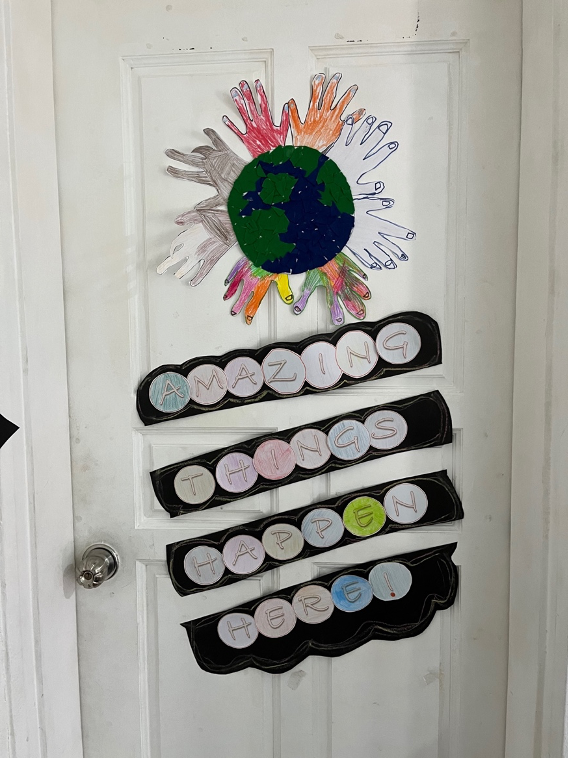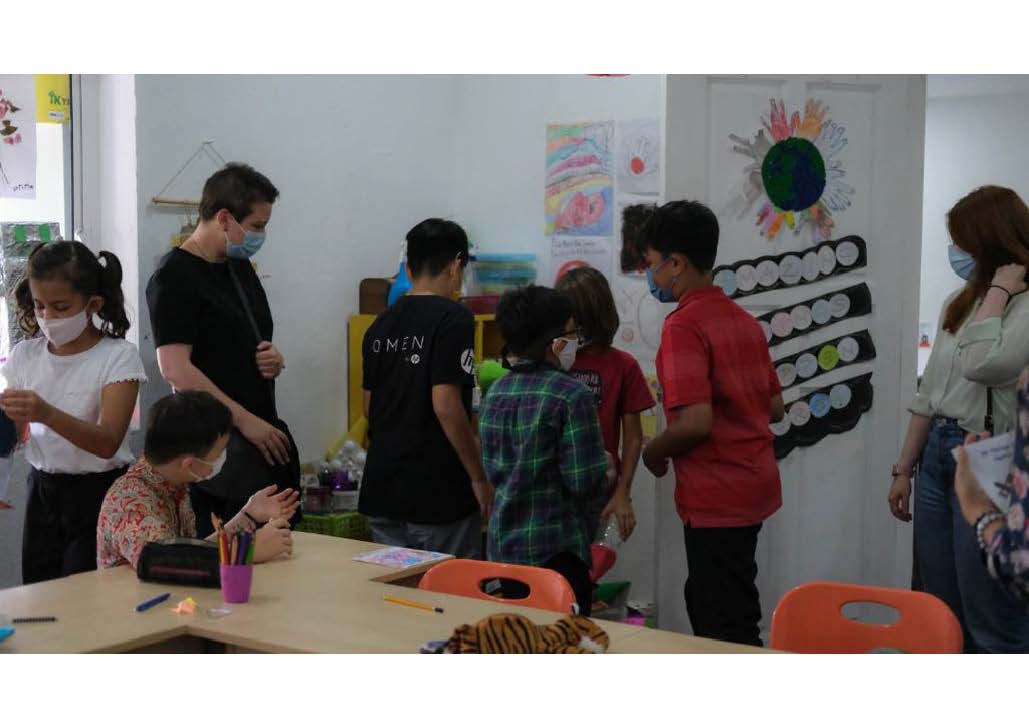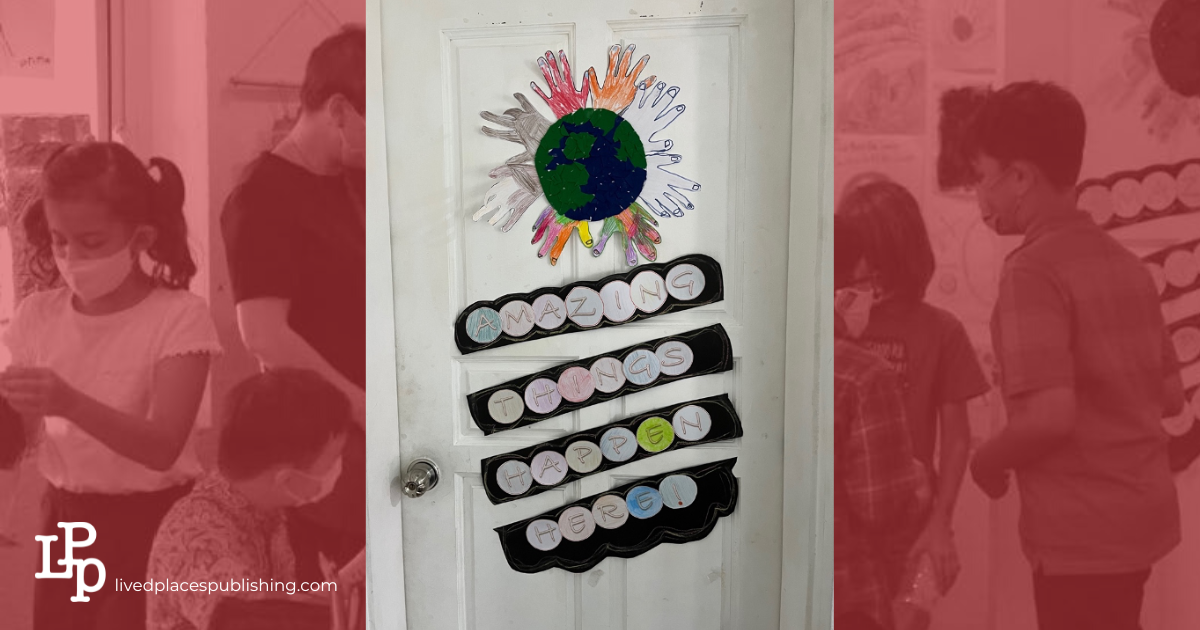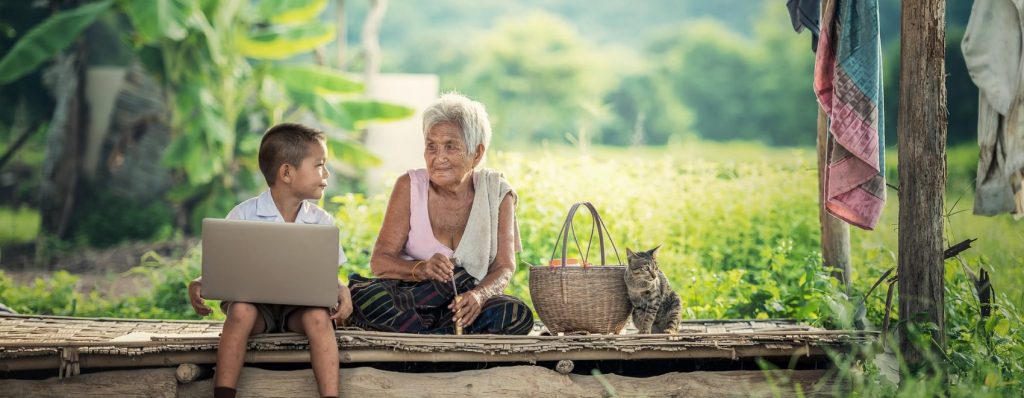Learning from the pandemic to interrupt educational exclusions and foster inclusive educational communities
By Professor Julie Allan and Dr Francesca Peruzzo, School of Education, University of Birmingham
The Covid-19 pandemic has, without a doubt, had a devastating impact on everyone’s lives, including the lives of children and young people. Most adversely affected have been those who were already disadvantaged before the pandemic, including disabled children, children identified as having Special Educational Needs, children and young people from minoritized backgrounds such as black and brown children, gypsy and travellers, and children from working class families. Education is where the already disadvantaged experience major inequities, with existing gaps in achievement widened even further.
Our concern about the educational inequities that existed before the pandemic, and which were increased by it, led us to research and retrieve the experiences of children and young people through the accounts of teachers, teacher assistants, and school and grassroots organisations leaders, and to gather them in a book: Students, Teachers, Families, and a Socially Just Education: Rewriting the Grammar of Schooling to Unsettle Identities.
In our research we explored how and why schools and schooling continue to marginalise and exclude some children, and how this goes unchallenged within what sociologists of education have described as a ‘grammar of schooling’. The grammar of schooling is an idea that describes features of education systems that persist throughout time, contexts, and cultures. It endures regardless of major events and societal changes, and develops mostly from education systems situated in the Global North. Examples of its features are the division of knowledge into separate subjects, rigid school timetables, the reproduction of particular forms of knowledge alongside the silencing of others, and exclusions and marginalisation from regular schooling. We were hopeful about the possibility that the pandemic, with its seismic impact on schools and education, besides generating multiple forms of inequities, could also challenge the practices that make up the ‘grammar of schooling’ and enable better and more equitable experiences for children and young people.
In the book, we report on the research that we conducted entitled DIGITAL (Diversifying Inclusion and Growth: Inclusive Technologies for Accessible Learning) in a time of Coronavirus. We explored role of digital and non-digital technologies in promoting inclusive practices during the COVID-19 pandemic and examined teachers’ and leaders’ experiences of the transition to online learning. We interviewed educators, teachers, headteachers, teaching assistants, and leaders of grassroots organisations in England, US, Australia, Italy, Chile and Malaysia. These individuals provided us with many surprises – and gave us grounds for hope for challenging the grammar of schooling.

Figure 1: Picture taken in a community school in Malaysia which we could visit once the restrictions due to the Covid-19 pandemic were lifted.
In the book, we first explore already existing forms of inequities related to intersection of identities, and their relation to digital technologies and with school systems in different countries, both in the Global North and Global South. Then we present some examples of how some of the practices underpinning the grammar of schooling, which generated exclusions of children with disability and from disadvantaged backgrounds, have endured during the pandemic, though in digital forms. For example, we report the experience of two sisters from an English primary school identified as having Special Educational Needs and from traveller heritage, who could not adapt to the online and remote teaching and learning and became completely excluded from the (online) school timetable. Or another example is a primary school girl with Down’s Syndrome, who was taught a simplified and different curriculum from the mainstream (online) classroom and in a different (online) room, dealing only with her specialised teacher. These forms of exclusions and divisions according to students’ performance and knowledge are crucial in the reproduction of marginalisation and inequities as a result of the grammar of schooling.
The professionals’ lived experiences certainly confirmed the strength and longevity of the grammar of schooling which, even during the pandemic, allowed some of the same exclusions – of the same groups of children and young people – to continue. But the professionals also told us about many ways in which they were able to do something different and to bring their creativity and brilliance to their teaching. And in so doing, they were able to undermine the grammar of schooling and have a positive effect on the children and young people and their identities.

Figure 2: Picture taken in a community school in Malaysia.
Out of Crisis, Alternatives Emerge
This is what we explore in the last part of the book. We provide examples of how professionals used the pandemic and the series of lockdown and online schooling to subvert some of persisting practices of the grammar of schooling, with examples coming both from the Global North and Global South. We report the account of an assistant teacher that found herself responsible of a whole group of children identified as having Special Educational Needs and Disability, and children of keyworkers who could not stay at home alone, who experimented with music, yoga, and relaxation practices to break the rigid school routine and unleash children’s creativity. A principal in a small school in Malaysia established parents as co-teachers, rethinking the relationships between schools, teachers, and parents’ knowledge, rewriting vertical relations of power and knowledge in dealing with and teaching to children. A last example, (and we invite you to read the book for more!) comes from a principal in a school in Massachusetts, who used the ‘host’ feature on Zoom to enable children to take charge of the online class, reversing teacher-student relations and the authority that teachers are invested with by the grammar of schooling.
Now, as things are returning to ‘normal’, we have learned both from the experiences of professionals and children, and by writing this book, that we don’t necessarily want to return to normal, since we know it wasn’t good for many children and young people. In the book, we have identified the new practices which the professionals told us about and which we hope can be retained. Most importantly, many of these practices come from countries in the Global South, and it is vital that the grammar of schooling can begin to be rewritten by retrieving local expertise, histories, and experiences from the South. This should go some way towards interrupting the dominance of the Global North. The practices are:
- Learning to live with – and love – uncertainty instead of relying on rigid learning programmes
- Trusting teachersto do the ‘right’ thing without decisions being driven by accountability concerns
- Embedding children’s experiences and desires in the design of technologies, rather than imposing pre-determined designs that exclude or marginalize children with different abilities and backgrounds
- Ensuring inclusive and context-based practices in all aspects of teaching and learning
- Enabling flexibilityin knowledge, time, and space – dismantling rigid subjects, disciplines, and timetables and making schools’ walls porous.
We also offer some suggestions, based on the professionals’ lived experiences, of how these practices can be taken up and supported. The COVID-19 pandemic, in spite of its significant disruptions, has shown us a future that is full of possibilities and has led the way to more socially just, equitable and inclusive forms of schooling and education, using technologies in ways that are meaningful, respectful, and participated in across local and global scales.
We want our books to be available to as many people as possible. If you’d like to purchase an individual copy, please email us and we’ll give you a discount code:
Julie Allan PhD is Professor of Equity and Inclusion in the School of Education at the University of Birmingham (UK). She has published widely and advised governments in the areas of inclusion, equity, and rights.
Francesca Peruzzo PhD is a Research Fellow at the Educational Equity Initiative at the School of Education, University of Birmingham (UK). Her work encompasses education policy sociology, post-structural approaches in education, and their implications for equity and inclusion in educational communities.
Students, Teachers, Families, and a Socially Just Education: Rewriting the Grammar of Schooling to Unsettle Identities is available now.



